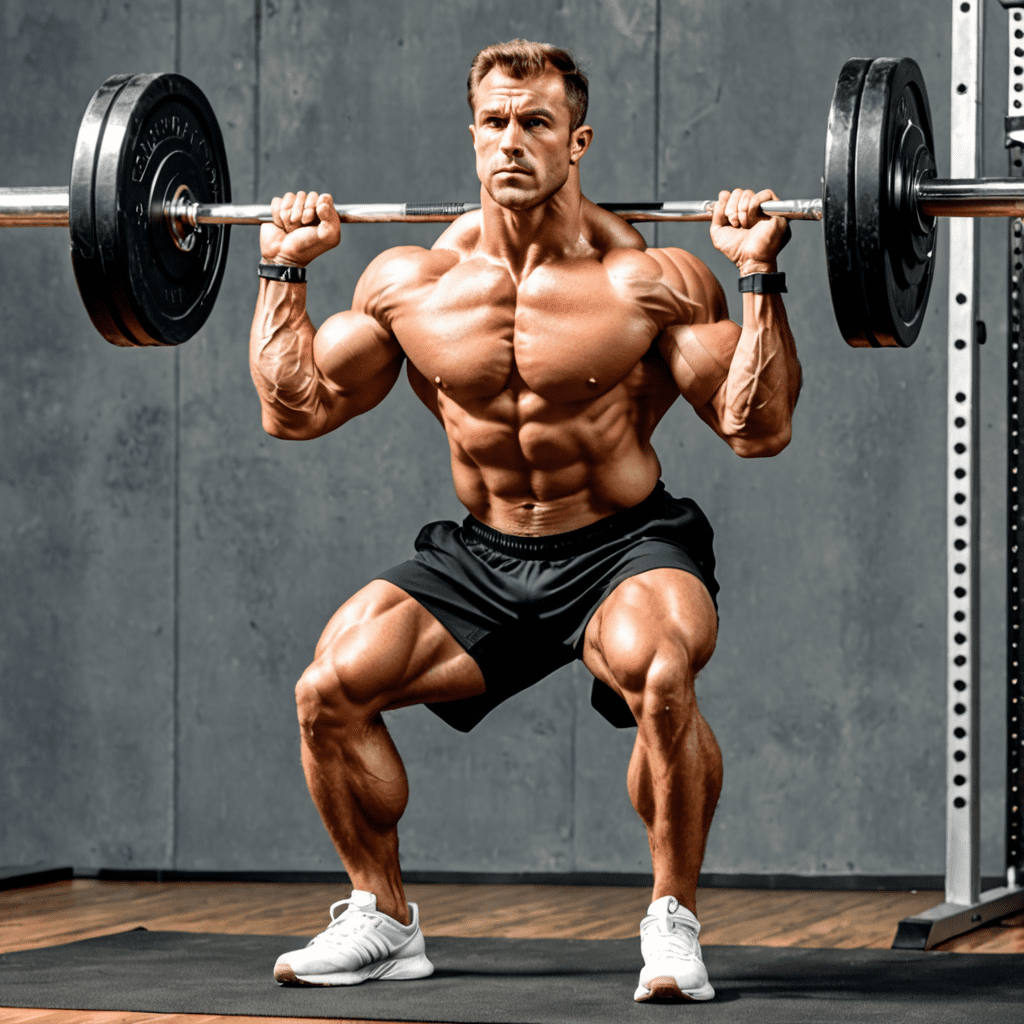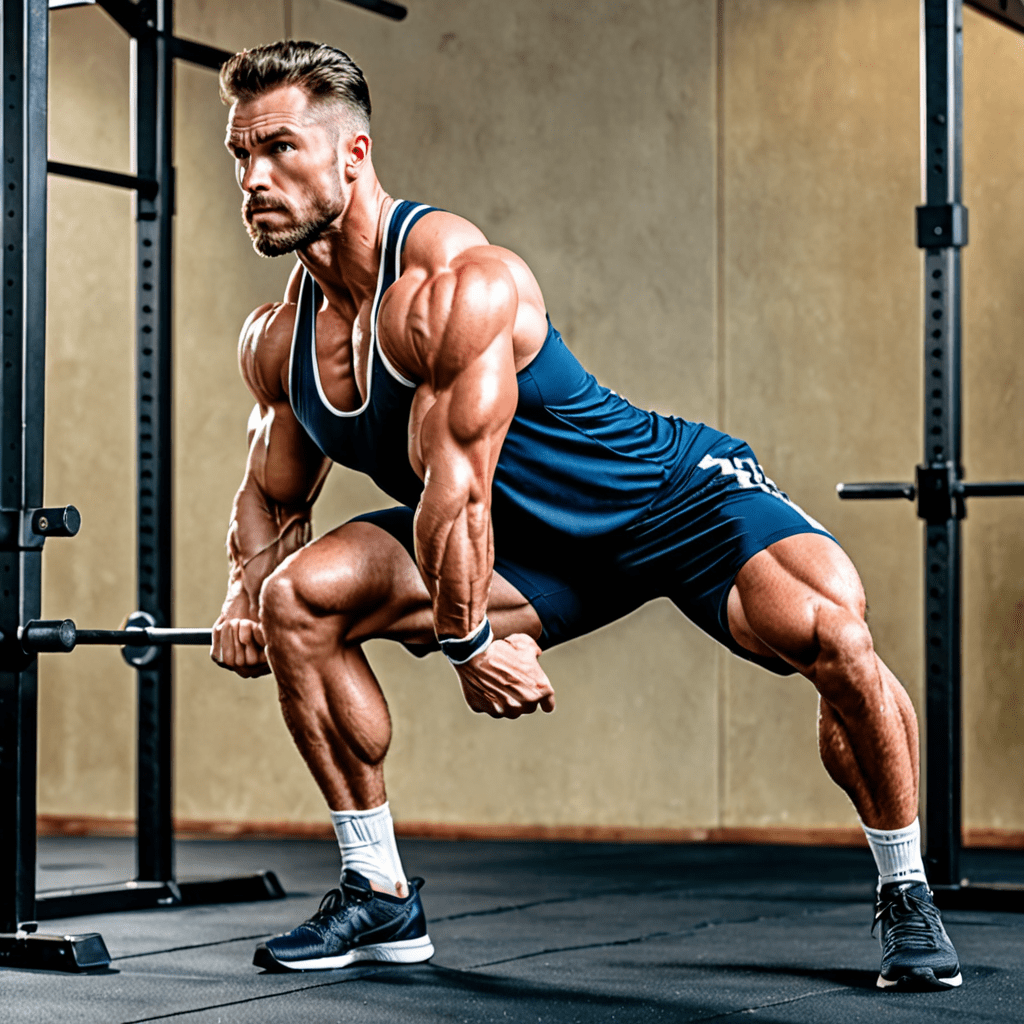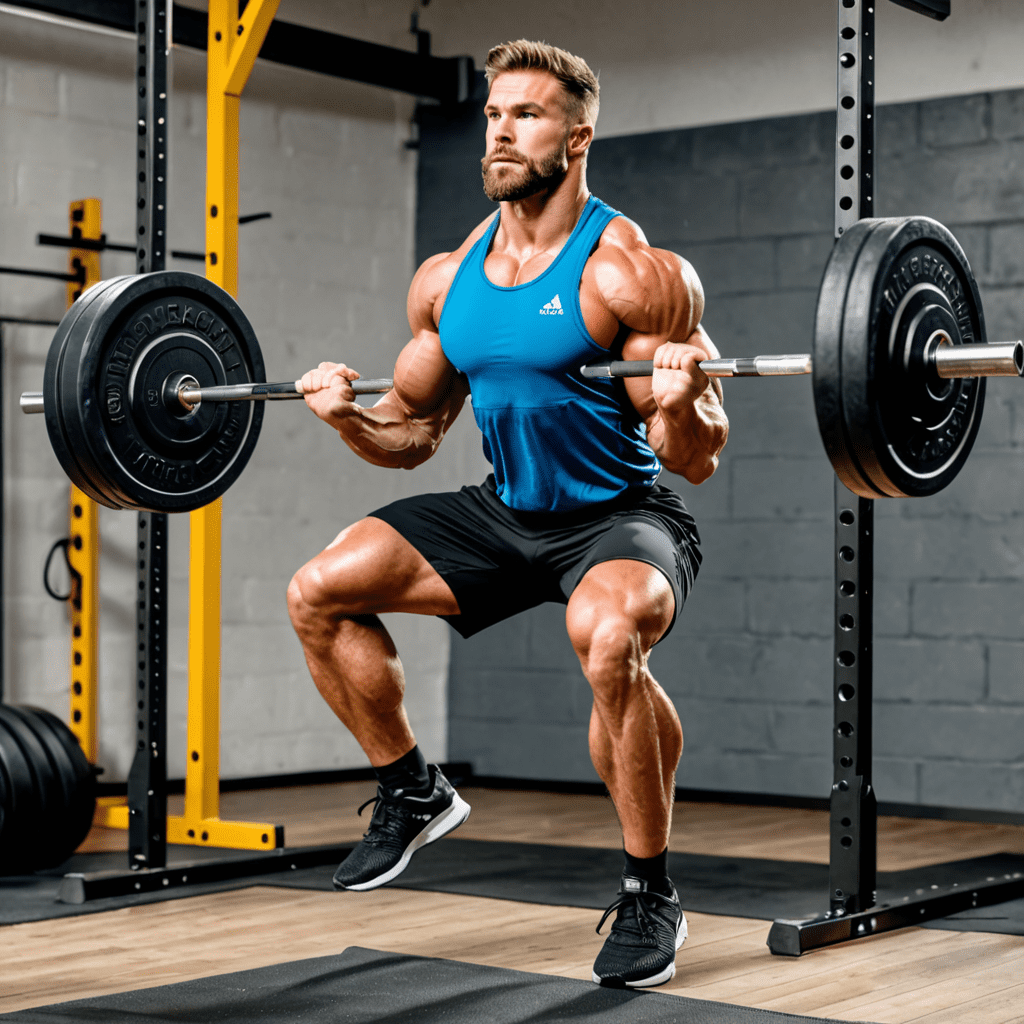
The History of Squats: Unveiling the Inventor and Evolution
Introduction
Discover the fascinating history behind one of the most iconic exercises in fitness – the squat. In this article, we will delve into the origins of the squat, explore its evolution, and uncover the contributions made by various individuals throughout history.
Understanding the Importance of Squats
Before we dive into the history, let’s understand why squats hold such significance in the fitness world. Squats are a compound exercise that engage multiple muscle groups and offer numerous benefits, including improved strength, increased muscle mass, enhanced mobility, and better overall functional movement.
The Inventor of the Squat
Although the concept of squatting predates recorded history, we can attribute the development of the squat as an exercise to Alexander Matveevich Zass, better known as “The Amazing Samson.” Born in 1888, Zass was a Russian strongman and professional wrestler who introduced the modern-day squat routine during the early 20th century.
The Evolution of Squats
Over time, squats have evolved and adapted to meet the ever-changing demands of fitness and strength training. From Zass’ initial contributions, notable figures such as Arthur Saxon, Joe Weider, and Dr. Mel Siff have played pivotal roles in refining and popularizing squats in different forms.
Arthur Saxon’s Influence
Arthur Saxon, a renowned German strongman from the late 19th and early 20th centuries, made significant contributions to the development of squats. Saxon popularized the full squat technique and emphasized its importance in building strength and power.
Joe Weider’s Role
Another influential figure in the history of squats is Joe Weider, an American bodybuilder and entrepreneur. Weider played a key role in promoting squats as a fundamental exercise in bodybuilding. His contributions led to the widespread acknowledgment of squats as a cornerstone of physical training.
Dr. Mel Siff’s Influence
Dr. Mel Siff, an esteemed sports scientist and author, further advanced the understanding and application of squats in strength and conditioning. Siff’s groundbreaking research shed light on the biomechanics and physiological effects of various squat techniques, revolutionizing the way athletes and fitness enthusiasts approach this exercise.
Frequently Asked Questions (FAQ)
1. Are squats suitable for everyone?
Squats can be modified to suit different fitness levels and goals. However, individuals with certain medical conditions or injuries should consult with a healthcare professional before incorporating squats into their fitness routine.
2. Can squats help me build muscle?
Absolutely! Squats are highly effective in building lower body strength, including muscles in the thighs, hips, and buttocks. Regularly performing squats, along with a proper nutrition plan, can contribute to muscle growth and development.
3. How should I start incorporating squats into my workouts?
It is essential to begin with proper form and technique to avoid injury. If you’re new to squats, consider working with a qualified fitness professional who can guide you through the correct execution and provide progressive training plans to gradually increase intensity.
4. Can squats help improve my sports performance?
Yes, squats are beneficial for enhancing sports performance. The exercise helps develop explosive power, leg strength, and stability, which can contribute to improved performance in various athletic endeavors.
5. How often should I perform squats?
The frequency of squatting depends on individual goals and overall training routine. Beginners may start with two to three sessions per week, while more experienced individuals can incorporate squats into their workouts more frequently. However, it is important to allow ample time for rest and recovery between sessions.
6. Can squats help with weight loss?
Squats alone may not directly cause weight loss, but they can play a significant role in a weight loss journey. Squats engage large muscle groups, promoting lean muscle mass, which can increase overall calorie burn. Additionally, as part of a well-rounded fitness routine and a balanced diet, squats can contribute to weight loss efforts.
7. What are some common variations of squats?
There are various squat variations, including the traditional barbell back squat, front squat, goblet squat, sumo squat, Bulgarian split squat, and pistol squat. Each variation targets specific muscles and offers unique benefits.
In conclusion
The squat, with its rich history and evolution, stands as a testament to the enduring importance of this exercise in the world of fitness. From its humble beginnings to its recognition as a foundational movement, squats have proven their effectiveness in developing strength, building muscle, and improving overall physical performance. Incorporating squats into your regular workouts can yield remarkable benefits and contribute to your journey towards optimal health and fitness.


